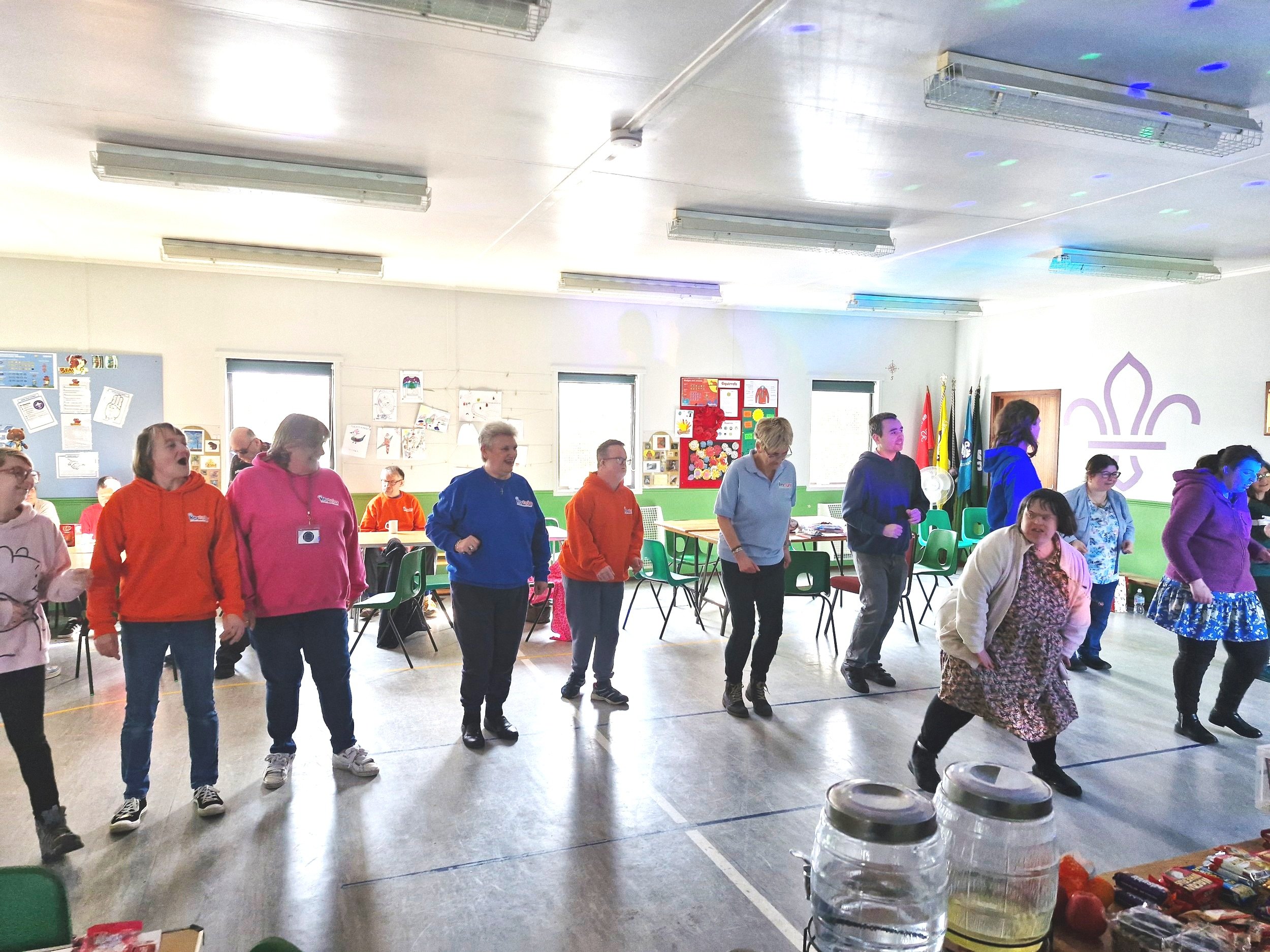3 ways social activities improve the wellbeing of adults with learning difficulties
There are 1.5 million people with a learning disability in the UK, 977,000 of those are adults that don’t fall under many of the support services and charities available to young people. According to the same mencap research, approximately 2.6% of adults have learning difficulties, which means that, based on approximate population figures, in the Fareham and Gosport boroughs alone there are almost 4,000 adults that need more support. Let’s not forget the undiagnosed or adults with mild to moderate neurodiversity and learning difficulties that don't quite fall into the standard research criteria, the forgotten ones.
Adults with mild to moderate learning difficulties struggle to exist within society and often become isolated, but they also hold the potential to thrive and become independent with the right support. One of the best ways to help adults with learning difficulties towards independent living is through social activities that can help them engage with their peers, gain confidence, and learn new skills in the process.
I witnessed the impact social activities can have firsthand at an early age when I supported a family friend with moderate learning difficulties. He struggled to exist within society and those challenges only increased as he grew up, which caused him to become isolated. I took him along to various activities and saw the positive impact this had on him. This experience gave me the drive and determination to want to help more people, which led me to study social work at university and after various stop offs in the LD sector, working closely with several charities to create a curate activities for adults with learning difficulties, I landed here today at Key to joy as the Charity Manager.
Here are three ways, in my experience, social activities improve wellbeing for our members, adults with mild to moderate learning difficulties.
1. The novelty of new things and discovery boost motivation
The newness and feeling of discovering something new releases dopamine into the brain, which in term impacts motivation and improves wellbeing. Dr Emrah Düzel, UCL Institute of Cognitive Neuroscience, explains:
“It is a well-known fact amongst scientists that the midbrain region regulates our levels of motivation and our ability to predict rewards by releasing dopamine in the frontal and temporal regions of the brain. We have now shown that novelty activates this brain area. We believe that experiencing novelty might, in itself, have an impact on our dopamine levels."
This is why we always ensure regular activities are interchanged with new approaches or directions and the members are frequently enjoying the novelty of new experiences.
2. Interaction during activities improves communication skills
The comradery and connection doing social activities with friends and peers makes our members happy, but the need to communicate and interact also helps them learn and develop communication skills that they otherwise would not have experienced in isolation. Many of the activities we run include teamwork and the need to communicate, whether that’s one of our curling competitions, a group painting activity (we recently painted a donated bench) or cooking together in the kitchen.
3. Group activities improve social skills and confidence
Often adults with mild to moderate learning difficulties struggle to make friends and socialise, which is often to do with lack of confidence in their communication skills. Activities that require teamwork and interaction really help our members to become more confident and comfortable with their friends and peers. Over time they become friends and with that comes trust and the chance to truly be themselves. It’s truly beautiful to witness this transformation with members old and new as they get to know each other.
Social activities truly do make a difference
Adults with learning difficulties are often isolated or struggle to make friends. Social activities are not just about keeping them busy and entertained, social activities improve mental wellbeing and enable adults with learning difficulties to gain confidence and independence skills that directly impact their lives.
Everything we do at Key to joy is geared towards giving members a sense of self-worth, community and friendship, providing them with a safe space to engage in activities that are meaningful to them. If you’d like to help us bring even more joy to our members and expand the types of social activities we offer, please find out how you can support us and feel free to reach out if you’d like to learn more about what we do here at Key to joy.
by Michaela Owens, Charity Manager, Key to joy




